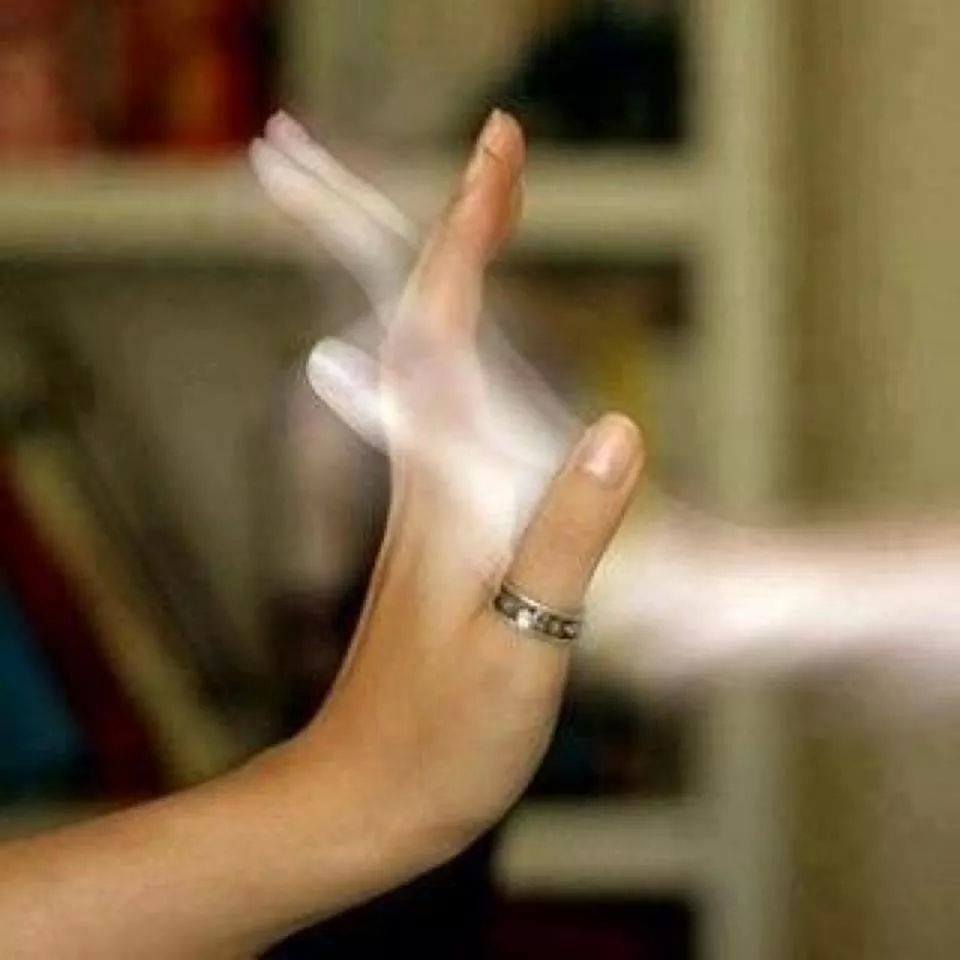Ghosts.
There’s no empirical evidence for ghosts. But I don’t believe empiricism is always significant.
I know—some of you science fans are already grabbing your pitchforks and torches. But settle down for a moment. Just because something doesn’t exist in an empirical sense doesn’t mean it lacks truth. And truth is not necessarily factual.
There’s a difference between fact and truth. Something can be true in a fictional, metaphorical, even metaphysical sense without corresponding to fact. The word metaphysics gets thrown around a lot—I don’t blame you for being skeptical. Occultists and new-age types have twisted it beyond recognition. But when I talk about metaphysics, I mean the branch of philosophy that examines how reality works.
I know—I’m getting into the weeds. But humor me. I’m going somewhere with this.
Recently, I went down the rabbit hole studying Alzheimer’s. It’s one of the most tragic illnesses a person can have. Tragic, because you’re not just losing memories. We all forget things. But Alzheimer’s isn’t just forgetting—it’s destruction. A process where tau proteins in the brain actively erase what once was. You don’t just forget a pretty flower or a familiar face—you forget the most basic things. In its final stages, Alzheimer’s strips away everything: how to move, how to swallow. That’s what ultimately kills many patients. If you can’t eat or even breathe, you die.
They call it the long goodbye because you don’t lose someone all at once—you lose them slowly, over years. Most patients live about ten years after diagnosis. Some have survived for twenty. Can you imagine? Twenty years of fading away.
And what people don’t always realize is that Alzheimer’s doesn’t just erase memory—it erases personality. Who someone is fundamentally changes. They become living ghosts. They might breathe, they might sit in a chair, but who they once were is long gone.
Ghosts.
The concept exists in nearly every culture. And it doesn’t always signify an apparition. Sometimes, it refers to the lingering presence of someone who’s gone—or even someone who’s still here but lost to us in another way. I’ve had relatives pass away, and I’ve felt their presence. Are they ghosts in an empirical sense? No. But there’s a reality to it. A reality that exists in the mind.
And the mind—though intangible—can be more potent than the external world around us. A delusion, a hallucination—they may not be empirical, but they are real. Grief can do strange things to a person. Grief can make people see ghosts.
And then there’s another aspect—one where ghosts still embody truth. Some might call it fiction, but I call it mythos.
Mythos is not the opposite of empiricism. It can be factual or fictional, but its purpose is to transmit cultural memory. From one person to another, from one generation to the next. A tale about life.
And mythos is what tells us about ghosts. Our ancestors tried to articulate a truth they couldn’t put into peer-reviewed journals, so they passed it down orally, and later, in writing. And the truth about ghosts—the real truth—is something fundamental to being human.
The past still lives on.
We may not see it. It may not be corporeal. But it exists. Einstein said time is the fourth dimension. If that’s true, then ghosts exist—because nothing happens in isolation. We do not exist as isolated snapshots. We exist because of the past.
Ghosts—not empirical ghosts, but ghosts that inhabit a certain reality—live among us.
Photo credit: artist unknown
